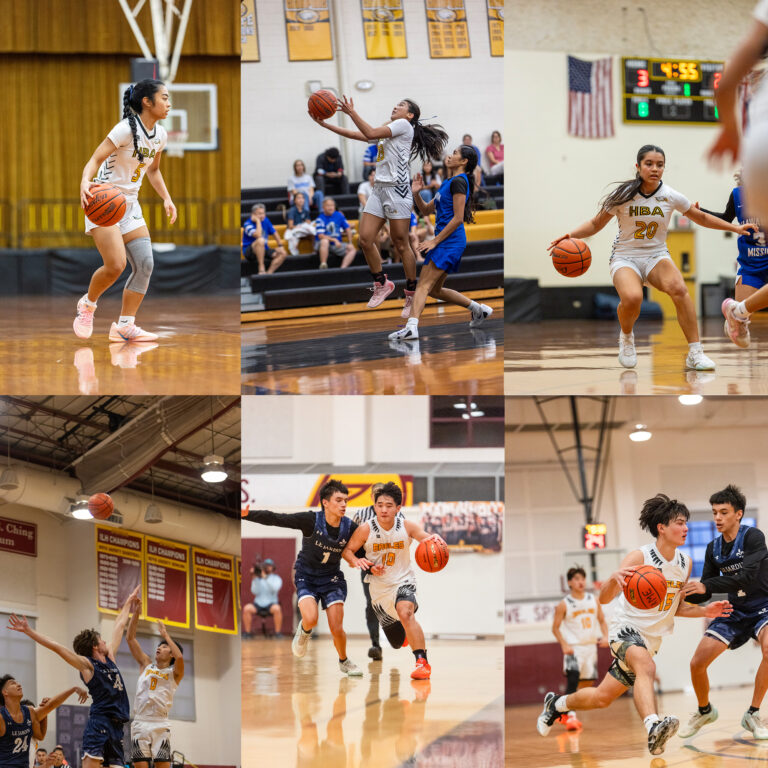Students in their junior and senior years commonly take trips during school breaks around the country in search of their ideal college.
This helps students in the application process and decision making.
Visiting colleges in person is different from looking at a screen containing lone words and photo stills. Senior Jasha Onogi said, “The best part about going on a college visit is getting to physically see the campus and its environment. Researching colleges on the internet is like going to the college and taking a picture; however, actually visiting the college is like going to the college and taking a video.” Some students note that they don’t notice how different a college environment is from high school until they visit the campus and catch a glimpse of student life and activities. Onogi takes note of the type of students and activities at the college because they play a significant part in shaping the culture of the school.
College counselors point out that going away for college doesn’t always mean “high expenses.”
What should students look for during a college visit? At HBA’s Z-periods for seniors, the counselors made a list of factors to consider when choosing colleges: cost, diversity, student population, food, weather, class size, specific majors, sports, dorm style, required chapels, scholarships, financial aid, location, and maybe even the mascot. Getting to visit schools to learn more about these specific features can change one’s perspectives on schools. According to high school counselor Susan Goya, what a friend or adult figure says about a school may not take into account what you personally would enjoy.
Junior Jantzen Nakai had a taste of college life this past summer when he joined a summer study program at Cornell University. He experienced life as a college student in different state. Nakai said he learned to be more independent while being away. “For me, spending a few weeks at Cornell University were really good. While being away from home there’s no one to tell you what to do. I learned how to manage my time and how to do laundry,” he said.
College counselors point out that going away for college doesn’t always mean high expenses. Many schools offer a scholarship known as a WUE (Western Undergraduate Exchange.) The WUE, a regional tuition-reciprocity agreement, enables students to enroll with the institution’s resident tuition rate. Students need to meet certain requirements to qualify for this exchange. If the WUE is not an option, there are many other scholarships to apply for and option of financial aid.
Many students choose to remain in-state for college due to save on costs. “I think people stay here for college because of the cost, and to stay close to their family along with the beautiful beaches of Hawaii,” said senior Micah Lum.
Senior Joyce Lee has this piece of advice: “Find schools that you are genuinely interested in and not simply because you’ve heard of them or because they have a good name. Figure out which colleges you are interested in by the summer of your junior year. And if you can’t visit those schools, you can at least get a head start on your application and get in contact with the admissions officers via email.”






